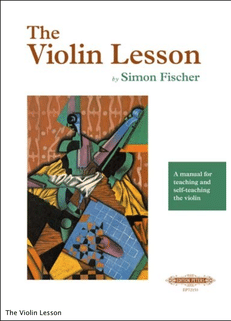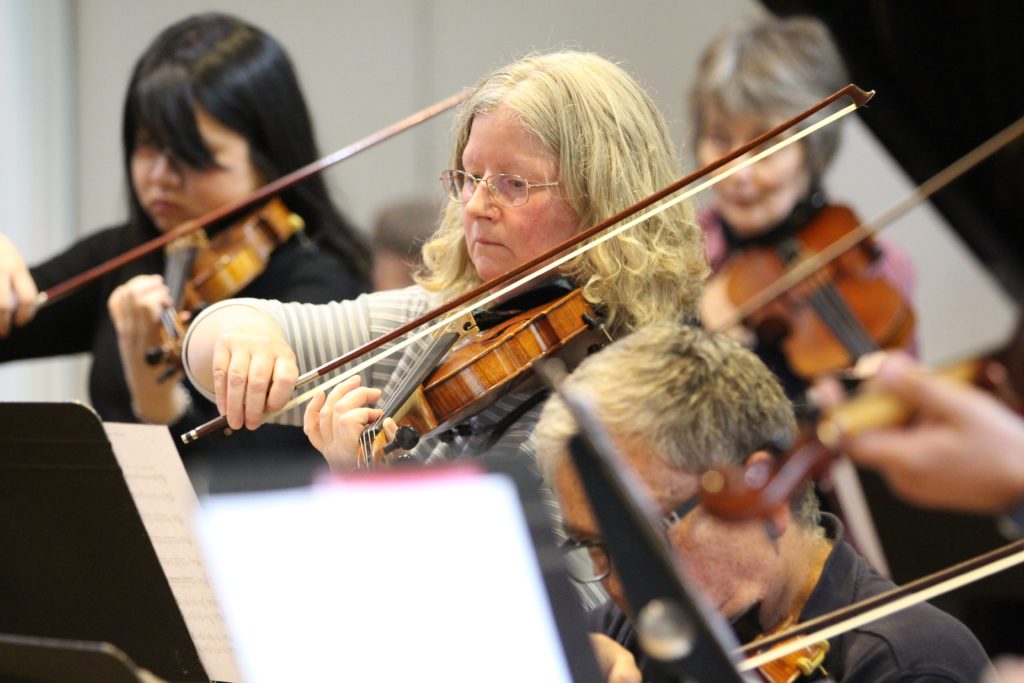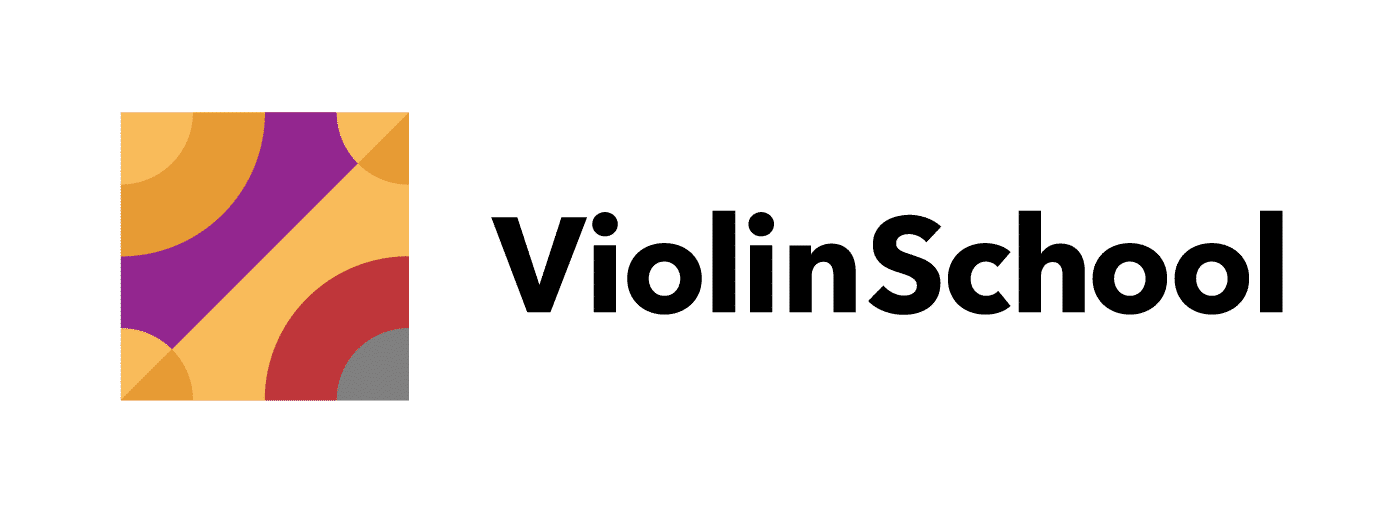 By Susan Shaw (learning violin for 2 years with ViolinSchool)
By Susan Shaw (learning violin for 2 years with ViolinSchool)
Last year, I bought Simon Fischer’s The Violin Lesson. Definitely not to be read from cover to cover, but it’s fascinating as a reference work. Something that really resonated with me is the distinction Fischer draws between advancing and improving (Introduction, p.xviii). I was reminded of this when someone asked me “how do you know you’re making progress if you don’t take Grade exams?” Good question.
I find advancing easy to measure through self-assessment. I know that I can play more complex music than I could a year ago. On my recent annual visit to the Dartington Summer School, for example, I was more than holding my own in string quartets and the string orchestra (as opposed to struggling in the previous year). My first position sight-reading was pretty solid and confident and I even tried shifting. I know for sure that I’m advancing.
But what about improvement? Improvement, according to Fischer, is about how you play rather than what you play. He talks about learners who manage to advance to play complex pieces but without solid fundamentals in terms of intonation and sound.
I think it’s harder to find the evidence to measure improvement. However, I discovered one way of doing this at an Elementary Strings course at Benslow. The pieces we played were much easier than Violin Orchestra 3rd violin parts. Since I didn’t have to think about the notes I made a conscious effort to focus on how I was playing. I experimented with speed, weight and point of contact and could hear different dynamics and colours. I ignored the basic “as it comes” bowing to introduce retakes where it made musical sense.
That experience showed me the value of returning to previously learned or very simple pieces to create brain space to think consciously about everything other than the notes and shift the focus from the left to the right arm. Other forms of self-assessment, of course, include using a mirror and tuner.
But self-assessment, while useful, can take you only so far. I think improvement, as defined by Fischer, is ultimately best measured externally. I find, for example, that my lessons are increasingly focussed on how I’m playing and feedback from performances at ViolinSchool's Minihubs is invaluable. But it’s good to seek feedback from anyone who hears you play, or to record yourself. And, yes, Grade exams (whatever I might think about them in general) are designed to assess how you play as well as what you play so definitely have their place.
It’s tempting to focus on advancing because it’s easily measured and you get more opportunities to play with others once you’re at a certain level of note-playing competence. But if how you play gets out of synch with what you play, overall progress is compromised. This is what’s happening to me at the moment, and my current major challenge is shifting my focus from left to right arm to improve my sound. Once how I play matches what I play I really will be progressing.

Susan & Friends performing in the Summer 2016 Violin Orchestra
Please visit our sponsors:
London String School - Tuition for Adult Learners in London
MusicLand - Creative Music Products for Teachers and Learners
Please visit our sponsors:
FiddlerShop.com - Quality instruments at an affordable price
London String School - Tuition for Adult Learners in London
MusicLand - Creative Music Products for Teachers and Learners
